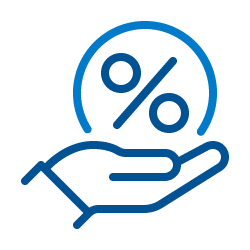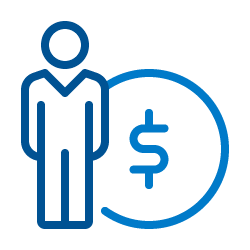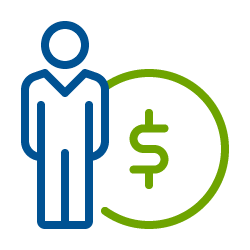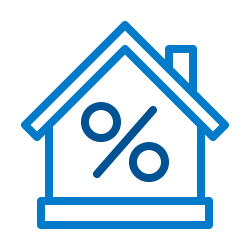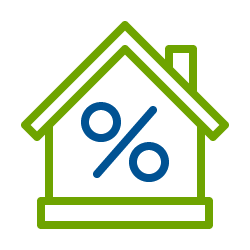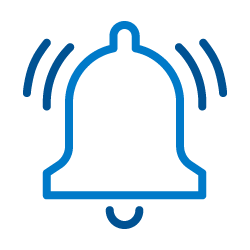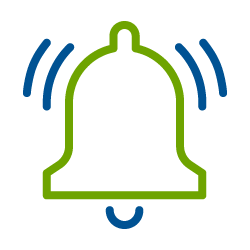Safely Buying and Selling Online

Buying second-hand items is a good way to save money. Similarly, selling stuff you no longer need can help you earn some quick cash. With social media marketplaces and other online sites, it’s easier than ever to buy and sell everything from clothes to furniture to cars. But scammers can take advantage of these services and try to tempt you with what seems like a good deal.
Trust your instincts and look out for red flags
When you’re buying or selling online, the biggest thing to remember is that if something seems too good to be true, it usually is. Trust your gut. If something doesn’t seem right, then don’t let the potential sale, deal, or profit be a reason to ignore the red flags.
Be patient and take your time. If a buyer is pushing for a speedy sale, be wary. Don’t give in to a high-pressure sales deal and don’t be overeager to sell.
Keep Conversations Simple
When you make a purchase from an online retailer, it’s a pretty simple process. You should have the same experience when you’re buying or selling online. If the buyer or seller is giving you long explanations or elaborate reasons for needing a lower price or a certain timeframe, it’s usually a red flag that they are trying to take advantage of you.
Many of these strategies are about using your emotions. For example, if the buyer says they are dealing with a stressful life situation and asks to pay less, they’re trying to gain sympathy and get their way.
Conducting a transaction with a stranger from the internet should be short and to the point. You should also ask yourself, “What is the bare minimum that they need to know about me?” before you share any personal information.
Organizing Payment
Before meeting, you should agree on the purchase price. Either party, buyer or seller, might request a certain way to make the sale. Use your judgment and trust your instincts. If there’s high pressure to do things a way that doesn’t make sense to you, don’t do it.
Be aware of the risks associated with each payment option before you agree. It can be a good idea to avoid using personal checks. These can be cancelled by the buyer, and the funds might not even be available in their account. However, Cashier’s Checks are treated as guaranteed funds because the bank, rather than the purchaser, is responsible for paying the amount.
If you choose to use a mobile app like Venmo, CashApp, or PayPal, make sure you’ve read the app’s policies and understand how to use them. You can send money to those you know and trust using Zelle through your Centra Mobile App.
Meeting Up and Closing the Deal
If you are meeting in person to complete the sale, meet in a public place. Some police stations have designated areas for completing an online sale. Try to avoid having to go to the person’s home whenever possible.
If the sale will be contactless, make sure you agree on the pickup and payment terms beforehand. Bring a friend and always let someone know where you’ll be. If you’re ever uneasy, you can call a friend or family member so they can listen in. It is always better to be safe than sorry!



